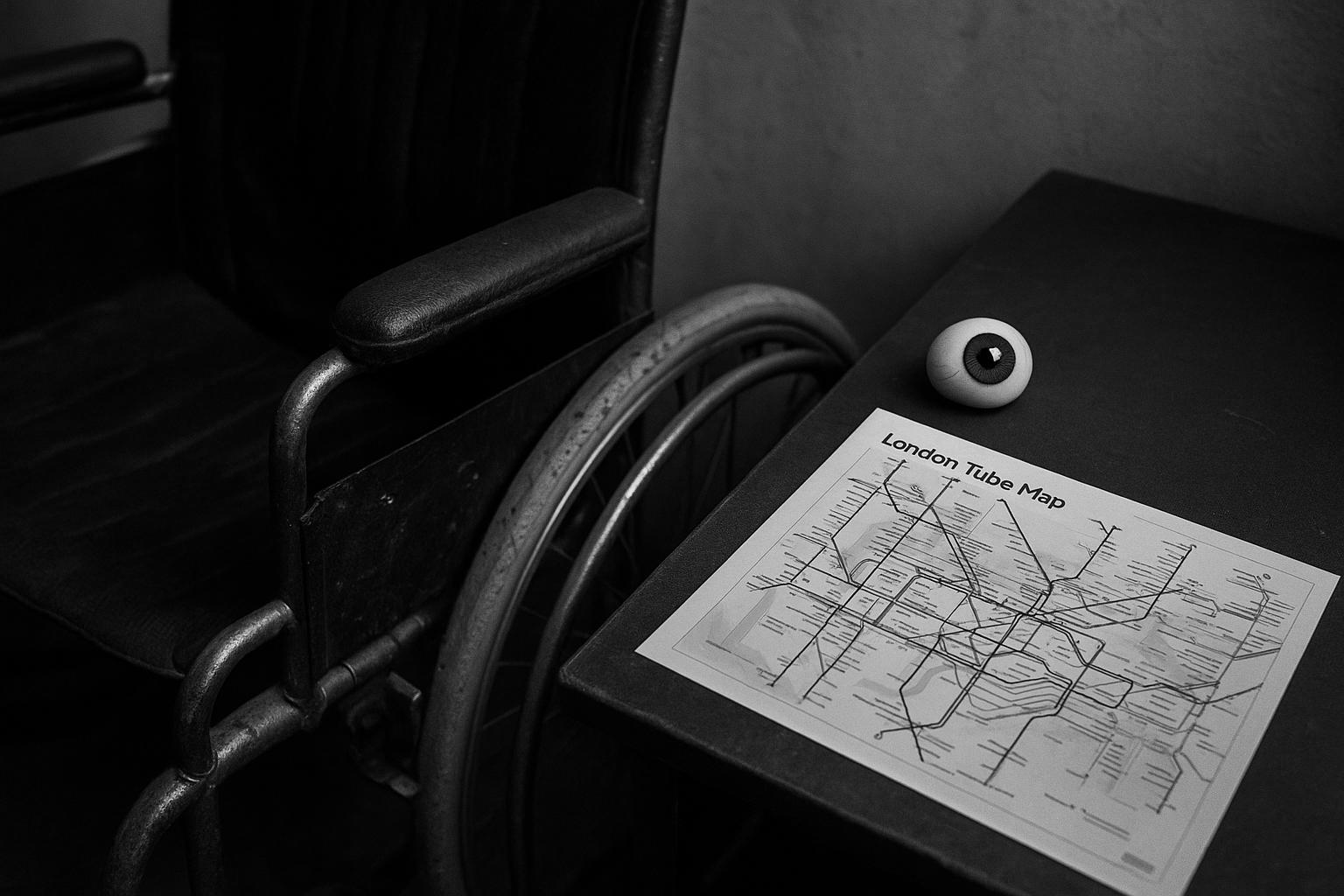Dan Biddle, the most severely injured survivor of the 7/7 bombings, reflects on the haunting aftermath of the attack nearly two decades later. On July 7, 2005, Biddle was just inches away from suicide bomber Mohammad Sidique Khan when he detonated his device on the Edgware Road Tube train. What followed was a day that would alter the course of Biddle's life forever.
As he recalls the explosion, Biddle describes it as "a big white flash," followed by intense heat and chaos. The attack left him with catastrophic injuries—he lost both legs, his left eye, and sustained severe trauma across his body. Despite being given just a 2% chance of survival, Dan's will to live pushed him through eight weeks of recovery, during which he battled through harrowing medical emergencies, including multiple heart failures.
Today, Biddle lives with the compounded effects of his injuries and the psychological toll of that day. He is tormented by Complex PTSD, obsessive-compulsive disorder, and relentless survivor's guilt. His nightmares often manifest as vivid hallucinations of Khan's face, intrusive memories that make sleep a nightly trial. "I’ve been exhausted for 20 years because I dread going to sleep," he shares, highlighting that every night brings him back to the scene of the explosion.
More than just a personal account, Biddle’s story shines a light on the unsolved questions surrounding the response to the bombings. With the 20th anniversary approaching, he is advocating for a full public inquiry into the attacks. "Fifty-two people lost their lives, why doesn’t that warrant one?" he asserts. His frustration is palpable, particularly following a 2011 ruling that absolved MI5 of culpability, despite their prior monitoring of Khan. Biddle’s call for accountability stems not only from personal loss but a sense of injustice that pervades his existence and that of the victims’ families.
Beyond his role as a survivor, Dan has transformed his experiences into activism. He has retrained as an access consultant to improve facilities for disabled individuals, promoting inclusivity in public spaces. His entrepreneurial spirit is epitomised by the launch of a smartphone app, Ldn Access, aimed at helping those with disabilities navigate London more effectively. Biddle, now residing in Abergavenny, Wales, has committed himself to utilising his knowledge to foster accessibility, aiming to dismantle barriers faced by those in similar circumstances.
Yet he is never far from the residual effects of the bombings. The physical reminders of his injuries—an artificial eye, severe hearing loss, and other ailments—coupled with psychological scars raise questions about the support offered to victims in the long term. Biddle's rallying cry for an inquiry into the events surrounding the bombings encapsulates not just his personal struggle for justice, but a broader demand for recognition and accountability.
In a recent four-part Netflix series, "Attack on London: Hunting the 7/7 Bombers," Biddle has joined forces with other survivors to narrate their stories, further amplifying the need for answers. As the anniversary nears, the weight of the past remains firmly on his shoulders, yet he finds strength in voicing the collective trauma experienced by many.
While Biddle acknowledges that justice through an inquiry cannot undo the physical damage inflicted upon him, it stands as a vital step towards recognising the profound impact of that day on countless lives—his and many others. “It won’t give me my legs back. But I’d have a sense of justice that somebody has been held accountable,” he states, resolving to push forward in the face of adversity, illuminating a path for those who navigate similar struggles.
📌 Reference Map:
- Paragraph 1 – [1], [2]
- Paragraph 2 – [1], [3], [6]
- Paragraph 3 – [4], [5]
- Paragraph 4 – [1], [6], [7]
- Paragraph 5 – [1], [3], [2]
Source: Noah Wire Services
